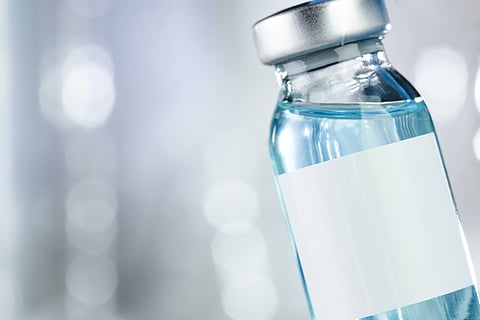THURSDAY, Jan. 19, 2023 (HealthDay News) -- In yet another setback for the future of HIV prevention, the only HIV vaccine in a late-stage trial has failed, study leaders announced Wednesday.
Launched in 2019 as a partnership between the U.S. government and the pharmaceutical giant Janssen, the Mosaico trial was being conducted in eight European nations and the Americas, including the United States. Researchers had enrolled nearly 3,900 men who have sex with men and transgender people, all of whom are considered to be at high risk for HIV infection.
The decision to halt the trial came after an independent data and safety monitoring board reviewed the latest findings and saw no evidence the vaccine lowered the chances of HIV infection.
"It's obviously disappointing," Anthony Fauci, M.D., who as the former head of the National Institute of Allergy and Infectious Diseases (NIAID) partnered with Janssen in the trial, told NBC News. Still, "there are a lot of other approaches" early in the HIV vaccine research pipeline that look promising, he added.
Along with NIAID and Janssen, the trial was run by the HIV Vaccine Trials Network and the U.S. Army Medical Research and Development Command. This is only the most recent HIV vaccine failure: In August 2021, a separate trial that tested a similar vaccine among women in Africa was halted for a lack of efficacy. NIAID spent $56 million on the two trials, an agency spokesperson told NBC News.
Both vaccines used a common cold virus to deliver mosaic immunogens. In theory, they should have triggered a strong immune response by including genetic material from a variety of HIV strains prevalent around the world, according to the National Institutes of Health. Mosaico carried an additional element that broadened the immune response. Participants in Mosaico received four injections over 12 months, either of the vaccine or a placebo. The monitoring board found no significant difference in the HIV infection rates between the two groups.
Fauci noted that a critical limitation of the Mosaico vaccine was that it elicited non-neutralizing -- as opposed to neutralizing -- antibodies against HIV. "It is becoming clear that vaccines that do not induce neutralizing antibodies are not effective against HIV," Fauci noted.
NBC News Article


